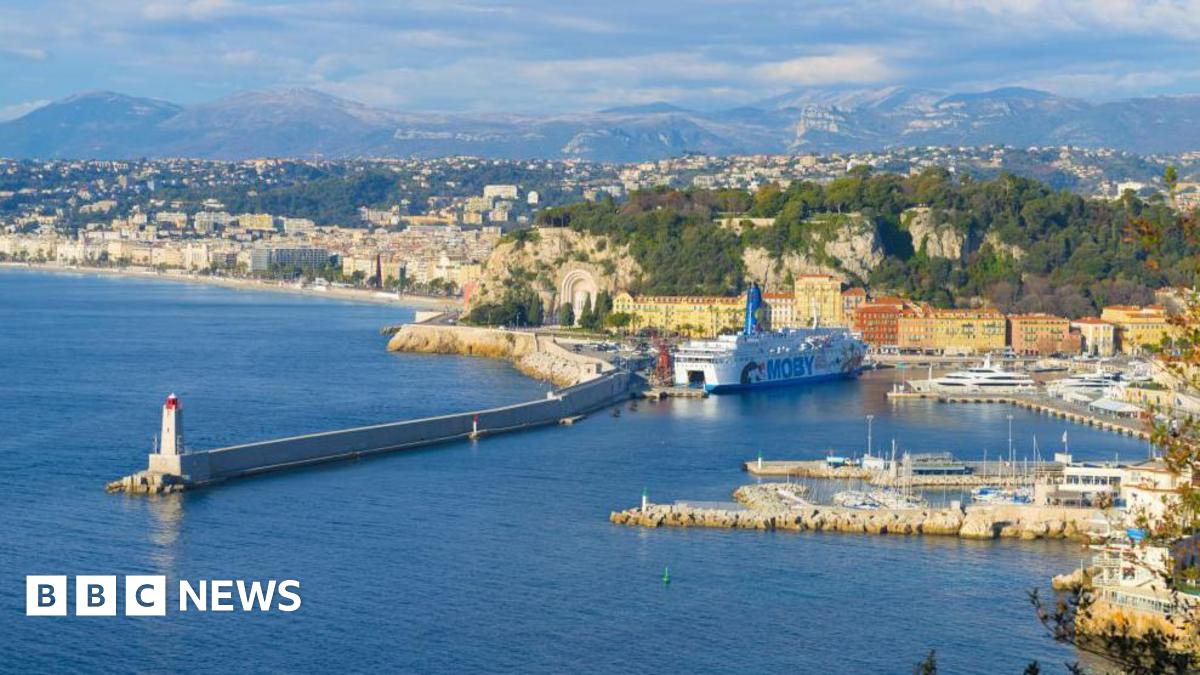Iran Maintains Stance: Nuclear Enrichment to Continue, US Deal Not on the Horizon

Iran's Unwavering Position on Nuclear Program Amidst Strained US Relations
Recent statements from Iran have firmly asserted that a comprehensive nuclear agreement with the United States is not imminent and that its uranium enrichment program will continue. This declaration comes amidst heightened tensions and ongoing diplomatic efforts to revive the 2015 nuclear deal, officially known as the Joint Comprehensive Plan of Action (JCPOA).
The backdrop to this situation is the legacy of the Trump administration's withdrawal from the JCPOA in 2018 and the subsequent reimposition of sanctions on Iran. These actions have significantly impacted Iran's economy and its willingness to fully comply with the terms of the agreement. While the Biden administration has expressed a desire to return to the deal, negotiations have been protracted and complex, facing numerous obstacles.
A Balancing Act: Enrichment vs. Potential Weaponization
Iranian officials have repeatedly emphasized that their nuclear program is solely for peaceful purposes, primarily to generate electricity and medical isotopes. However, the accumulation of a stockpile of uranium has raised concerns internationally, with some fearing the potential for weaponization. Iranian leaders have consistently denied any intention to develop nuclear weapons, but the possibility remains a significant point of contention.
The current situation sees a delicate balance. On one side, the United States has issued stern warnings, including threats of military action, if a deal is not reached and Iran continues its enrichment activities. These threats further complicate the negotiation process and raise the specter of conflict.
On the other side, Iranian officials have countered these threats by stating that they could pursue the development of a nuclear weapon if their national security interests are threatened. This statement serves as a clear indication of Iran's resolve and its willingness to escalate the situation if necessary.
The Future of the JCPOA and Regional Stability
The future of the JCPOA hangs in the balance. Reviving the deal would require significant concessions from both sides, including Iran's willingness to curtail its enrichment program and the United States' willingness to lift sanctions. However, the gap between the two sides remains substantial, and reaching a mutually acceptable agreement is proving increasingly difficult.
The outcome of these negotiations will have far-reaching implications for regional stability. A revived JCPOA could ease tensions and prevent a potential military conflict, while a failure to reach an agreement could lead to a dangerous escalation of hostilities, with devastating consequences for the region and the world.
Key Considerations Moving Forward
- Verification and Transparency: Robust verification mechanisms and greater transparency are crucial to ensure Iran's compliance with the terms of any agreement.
- Sanctions Relief: Meaningful sanctions relief is essential to incentivize Iran to return to the negotiating table and make the necessary concessions.
- Regional Security Concerns: Addressing Iran's broader regional security concerns is vital to building trust and fostering a more stable environment.
As negotiations continue, both the United States and Iran face a critical juncture. Finding a diplomatic solution that addresses the concerns of all parties is paramount to preventing a potentially catastrophic conflict and ensuring a more secure future for the region.






